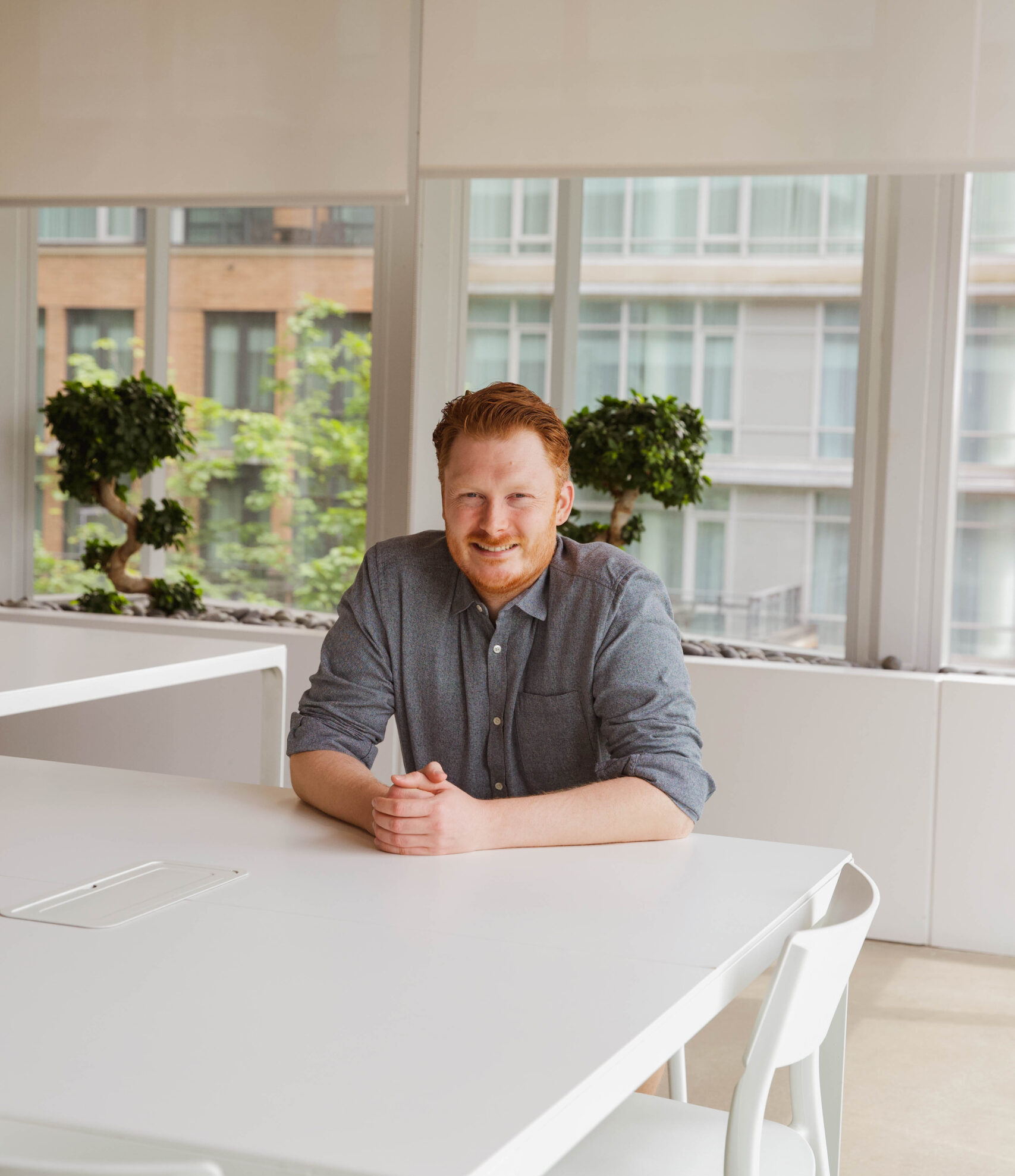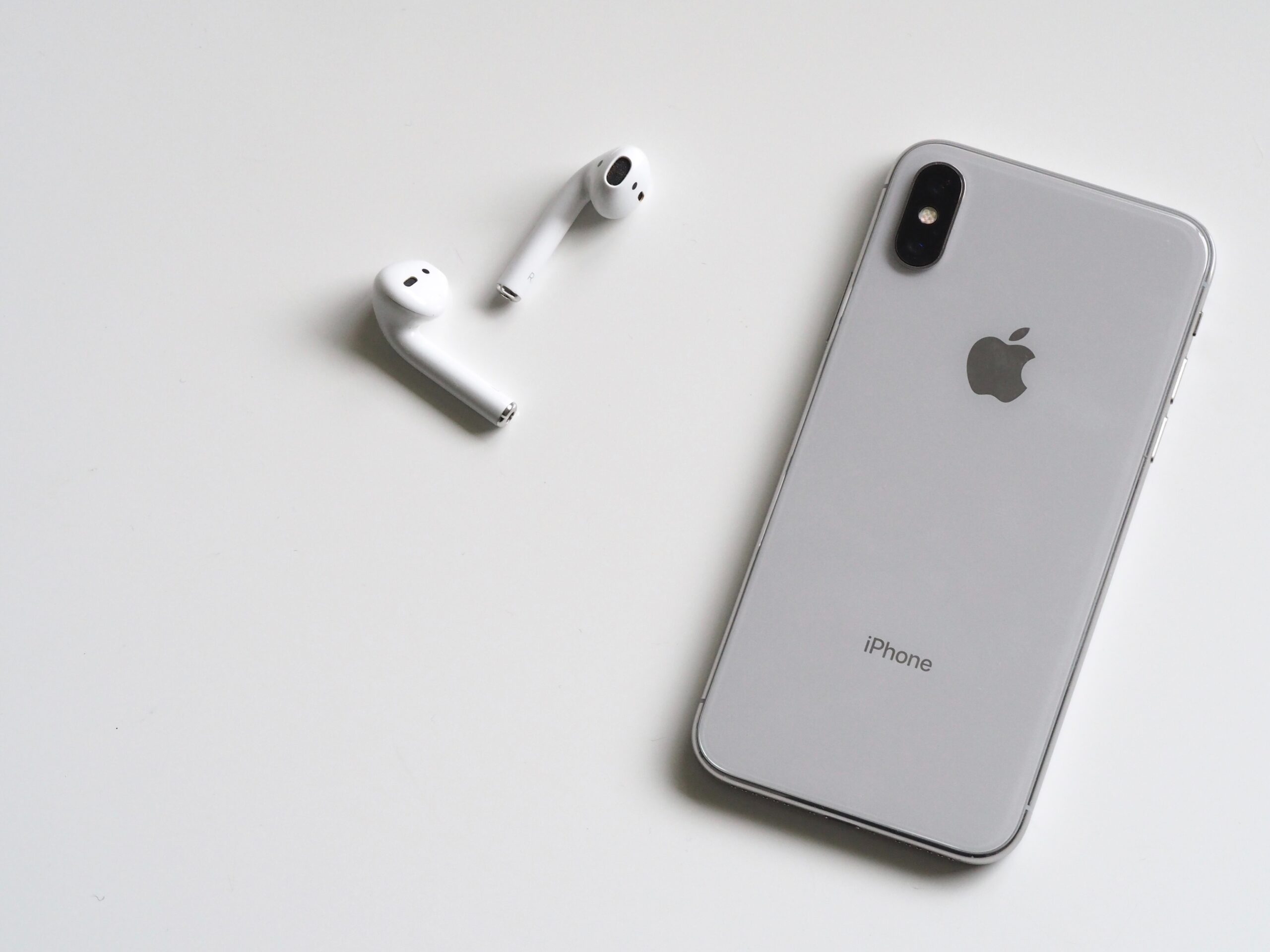Sticking to Its Mandate of Bringing the Human Element Back to Fintech, Bench Accounting Reversed a Pandemic Downturn
For the books.
Ian Crosby, founder of Bench Accounting. Photo by Tracy Giesz-Ramsay.
When he was in high school in Vancouver, Ian Crosby was so disinterested he decided to leave early—not by dropping out but by finishing his courses before everyone else. After graduating at just 16, he began his undergraduate degree in philosophy and economics at the University of British Columbia, later enrolling in the Sauder School of Business, a field he could finally sink his teeth into.
By 19, he had his undergraduate degree and was looking for work in the video game industry, so he started pitching gaming companies to hire him for any job they had. Eventually, he landed a bookkeeper role. A few weeks later, he wondered to himself why they had given him the position, marvelling, “Am I seriously your best option?”
This experience led Crosby to think about bookkeeping more generally. “It’s really hard for small businesses to get support with their finances,” the entrepreneur shares with me in a meeting room at his Vancouver-based fintech company, Bench Accounting. He characterizes many entrepreneurs as saying: “I don’t know what I’m doing. I don’t know what I need. I just don’t want to have to think about [financials].”

The Bench office prepandemic. Photo courtesy of Ian Crosby/Perkins + Will.
Understanding this frustration—and for many, this fear—was the impetus for Crosby to co-found his first accounting firm, 10Sheet Services Inc. He wanted to marry accounting with the world of automation that algorithmic tech services such as Wave and FreshBooks offer but add the human element back in. “The main reason people want to pay someone else to take care of their finances is peace of mind,” he says. They don’t want to get things wrong, and being able to ask another person what to do is highly valuable in a world of mass automation. “People shouldn’t have to be experts at everything,” Crosby adds.
In June 2021, his company announced it had raised $72.5 million ($60 million U.S.) in Series C financing from Contour, Altos, Inovia, BMO T&I, Sage, and Shopify. Bench had relaunched as an “all-in-one financial platform” offering bookkeeping, taxes, payroll services, and—uniquely—its own banking system with cards. But admirably, it still offers clients (most of them American small businesses) the golden goose: personal advice.
“I’d say AI has been overhyped in many spheres, including accounting,” says Crosby, who learned to program at the video game company. What if you have questions about whether you’re filing your taxes properly or projecting profits correctly? You can’t get reassurance from a robot. But as much as he says AI is overhyped, Crosby makes sure to note that Bench does use machine learning, such as categorizers. “There are things in the accounting world where you have to ask, Is this an X or a Y? which it’s really good at,” he notes. “But for a lot of other things, it’s not like you just plug in the AI brain and it starts intelligently doing the accounting. It’s a very specific part of the process.”
The fintech founder’s propensity to look at what is or isn’t working has paid off. In 2012, after 10Sheet was accepted into the accelerator TechStars, Crosby and his three co-founders settled in the Big Apple. But after operating out of New York for 18 months, they wanted to offer prospective talent a lifestyle similar to what they had growing up. The company rebranded as Bench Accounting, moved back to Vancouver, and has continued its growth right up to this summer’s announcement, with a few brief exceptions—one being a sharp profit downturn (and a difficult round of layoffs) during the first month of a global pandemic.
Looking at the scrawls on the meeting room’s whiteboard, Crosby chuckles. “Well, that was definitely a long time ago,” he says, staring in amazement at the numbers: a prepandemic time capsule. Since March 2020, Bench’s entire 55,000-square-foot office—which fills three floors of the Telus Garden building in downtown Vancouver—has been empty save for a single front desk employee and, occasionally, Crosby.

Bench Accounting in downtown Vancouver. Photo courtesy of Ian Crosby/Perkins + Will.
Bench’s employees are still working from home when we meet—which makes for an oddly quiet fundraising announcement around the office. No celebratory excitement hums in the air as it would have before the lockdowns. Instead, the building has the atmosphere of an abandoned city; walking through it feels like surveying a moment suspended in time. No employee could be certain when—or if—they will return.
“Around the second or third week of March in 2020, our sales were going along, and then all of a sudden they just dropped by half,” Crosby emphasizes. “We had this financial plan that assumed things would just keep going along the way they were—and suddenly none of that’s true anymore,” he says.
I ask about the layoffs, a hard area for Crosby. “I mean, there’s the math behind it, and you can say all that, but then there’s the human impact, which is just gut-wrenching and horrible. Having to tell people, ‘Hey you’ve actually done a good job. You’ve put your heart into this business, got out of bed every morning wanting to make it a success, and you still can’t be here.’ And it’s nothing that they did.”
But both luck and concern for the types of small U.S. businesses that make up the client base led to an unpredictable upturn. As Crosby and his colleagues were watching Congress pass the Paycheck Protection Program (PPP), they realized how complicated the application process was. “We’re watching these bills pass Congress going, ‘Who is going to help them actually get it?'” he says. They had to do something “because people are going to go out of business even though this money is available.” The process was too complicated for panicked businesses.
Crosby’s content team began putting together webinars and writing blog posts about the PPP and how to apply for it. Within a week, that content was picked up by Forbes, and soon Bench was being referenced as experts on the program. “There was no one whose job it [was] to make sure that small businesses actually [got] the money to stay in business,” Crosby says. So Bench took it on.
What happened was beyond Crosby’s wildest dreams. “It actually ended up replacing all the revenue that we lost.” To apply for the PPP, businesses needed proper bookkeeping to prove to government agencies how much the pandemic reduced their profits.
While the recovery was quick, and likely added to the Series C success, Crosby notes that it wasn’t due to some grand, crystal-ball marketing scheme. “It was extremely scrappy,” he begins. “That was an unprecedented move by the [U.S.] government that we couldn’t have predicted. It was literally: sales drop in mid-March, two weeks later we’re letting people go, we release this content, and by mid-April, we were hiring people back. Our response was just a whirlwind of people coming together with their ideas, collaborating on them—and knowing what we are here to do.”




